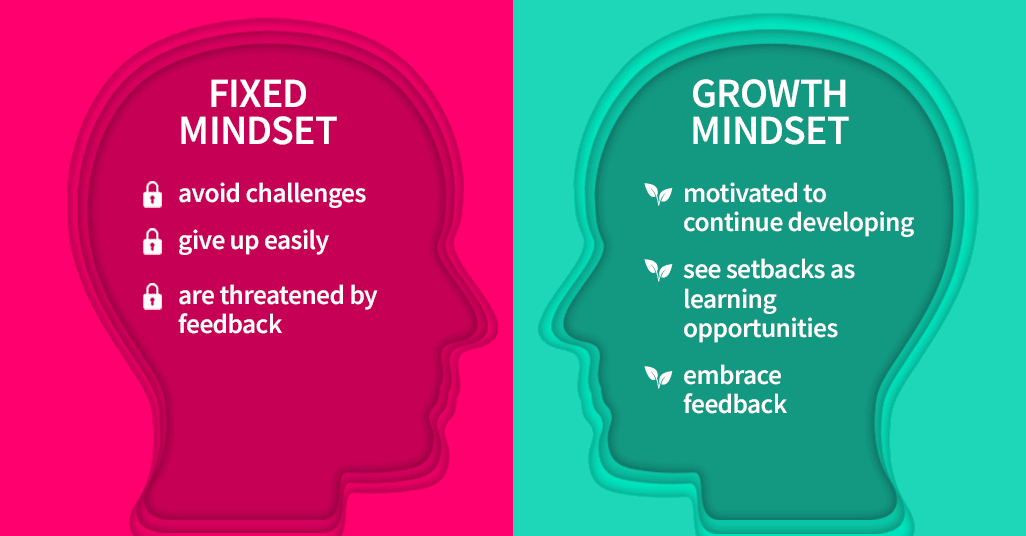When things fall short, we’re usually faced with two choices.
Give up. Or get up and try again.
This remains true in the work of digital marketers. Not every idea or campaign will work – there are times when marketers must bear the brunt of disappointment and reassess their current strategy.
But it’s not what happens – it’s how it’s dealt with that counts.
This is where a data-driven marketing strategy comes in. A marketer’s shortcomings, when contextualized with data, allow marketers to see the situation from a panoptic perspective. They can identify the marketing levers that are falling short as well as opportunities for greater growth throughout the digital sales funnel.
Making decisions without data, on the other hand, is akin to walking blind-folded. We don’t know where we’re going, we can’t see the obstacles in our path or clear walkways for effective transition.
Businesses that seize a data-driven marketing strategy have the visibility they need to act on their collective growth mindset and achieve greater success (see how these global brands have grown with data-driven marketing).
What is a growth mindset?

Doctor Carol Dweck, who developed the growth mindset concept, says, “The growth mindset is based on the belief that your basic qualities are things you can cultivate through your efforts. Although people may differ in every which way – in their initial talents and aptitudes, interests, or temperaments – everyone can change and grow through application and experience.”
The growth mindset stems from the understanding that our brain is malleable. In our brain, connectivity between neurons can change with experience. When we practice a skill or activity, neural networks grow new connections, strengthen existing ones and build insulation that accelerates the transmission of impulses. Our neural growth is dependent on the actions we take.
A fixed mindset, on the other hand, is the belief intelligence is static. In other words, we can’t work to further our abilities – they’re fixed. Such a mindset breeds stagnation, the antithesis of growth.

Companies that are governed by a collective growth mindset can readily use their pitfalls as a catalyst for further development. Failure doesn’t spell defeat.
Data fuels growth
A data-driven marketing strategy involves using customer data to obtain insights into user behavior. With this insight, marketers can create more personalized strategies and targeted communication. This leads to higher returns on investments as well as greater business growth.
With this in mind, it’s safe to say a symbiotic relationship exists between growth and data. Marketers need the right data to implement strategies that help drive growth while data relies on a growth in customer interactions to encapsulate insights marketers can use to map further development – and the cycle repeats.
The growth/data cycle is driven by a persistent yearning to understand how things work. Through data, marketers can harness tangible answers to the questions they ask in pursuit of growth. Companies that incorporate data-first methodologies never go back – and the reason for this is because of the transparency it affords.
Because data benchmarks what currently exists in simple metrics, data allows marketers to instantly gain visibility of the impact a campaign has on their business.
In this way, data is a kind of marketing governance. It allows marketers to have greater control over their spend, outputs and profits. Whether it be a new product launch, product discontinuation or message adjustments, data makes it easier for marketers to be confident in their decision-making.
A data-driven marketing strategy helps businesses:
- decrease the need for reworks
- deliver improved customer satisfaction and market value
- determine the best channel for content distribution
- easily track return on advertising spend (ROAS)
- generate better returns and reduce costs
- remove mass, untargeted broadcasting
- understand the marketing activities that are driving engagement.
Customer data represents a power source for marketing initiatives that drive greater growth.
Growth emerges from a data-driven culture
Achieving growth with a data-driven marketing strategy embodies a long-term process of optimizing digital performance through customer relationship building and analysis. To fully unlock the growth benefits of a data-driven marketing strategy, data-first principles need to be embedded in a company’s collective mindset. This truth has been corroborated by many organizations, including Forbes.
As a starting point, the power of data needs to be recognized across all levels of the organization. When a company, as a whole, values data and understands how it can drive growth, data can be effectively integrated into marketing strategies.
Integrating data into marketing strategies ultimately requires marketers to accurately match their marketing goals with the right success metrics. Marketers need to analyze current data that relates to the marketing levers they’re seeking to improve.
Because this affords the best transparency, the process of accurately matching growth goals with success metrics enables marketers to reap the best reward from data-first strategies.
Here’s a quick run-down of the data metrics that align with key marketing objectives:
A website that drives greater conversions
- bounce rate
- conversion rate
- keyword rankings
- number of website visitors
- page views
- session duration
- sources of website traffic.
Social posts that drive higher engagement
- brand mentions
- engagements (likes, shares, comments, etc)
- engagement rate (number of engagements divided by number of followers, multiplied by 100%)
- follower growth
- impressions
- reach.
A paid advertising campaign that generates better returns
- click-through-rate (CTR)
- conversion rate
- cost-per-click (CPC)
- cost-per-lead (CPL)
- return-on-advertising-spend (ROAS).
Marrying success metrics with marketing goals enables marketers to assess the effectiveness of current growth strategies as well as diagnose areas that need developing. Using data to measure marketing performance helps businesses put growth-mindset principles into practice and ultimately generate improved results.
But how can marketers source the data they need to attain the growth they seek?
Many businesses struggle to engineer a data-driven marketing strategy because customer data is sequestered in multiple channels and isn’t always easy to source.
Such obstacles become obsolete when marketers connect their accounts in the Digivizer platform. With digital performance insights across all their channels in one view, end-to-end visibility of campaign success can be harnessed instantly. Digivizer gives marketers the tools to put their growth mindset into practice.
Sign up for free and see for yourself.





